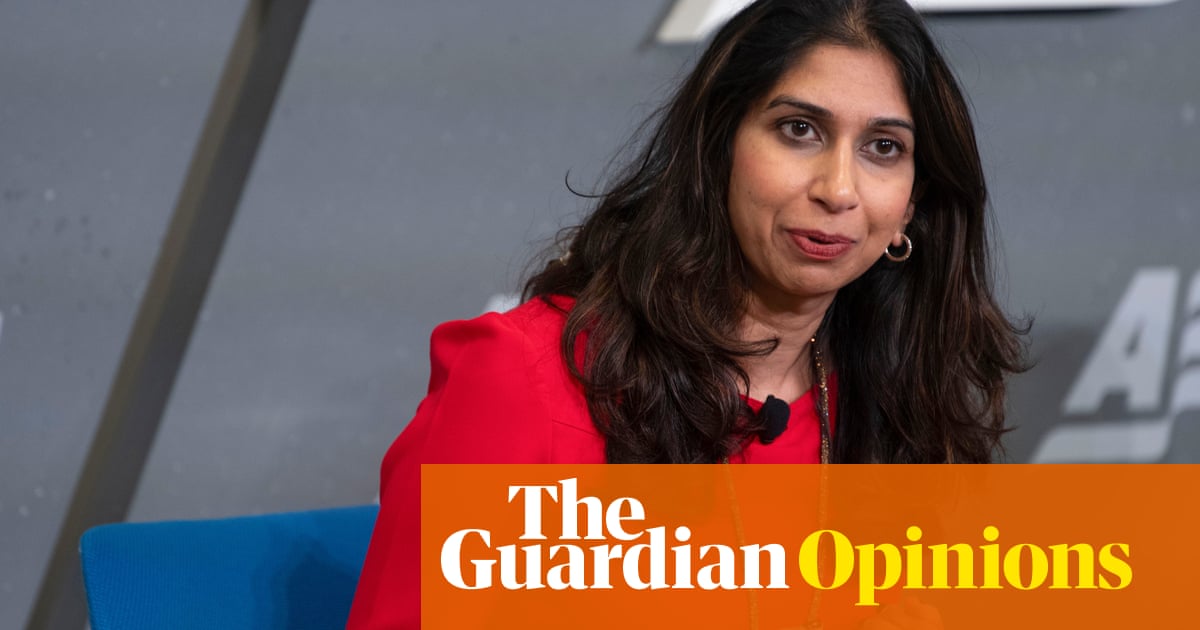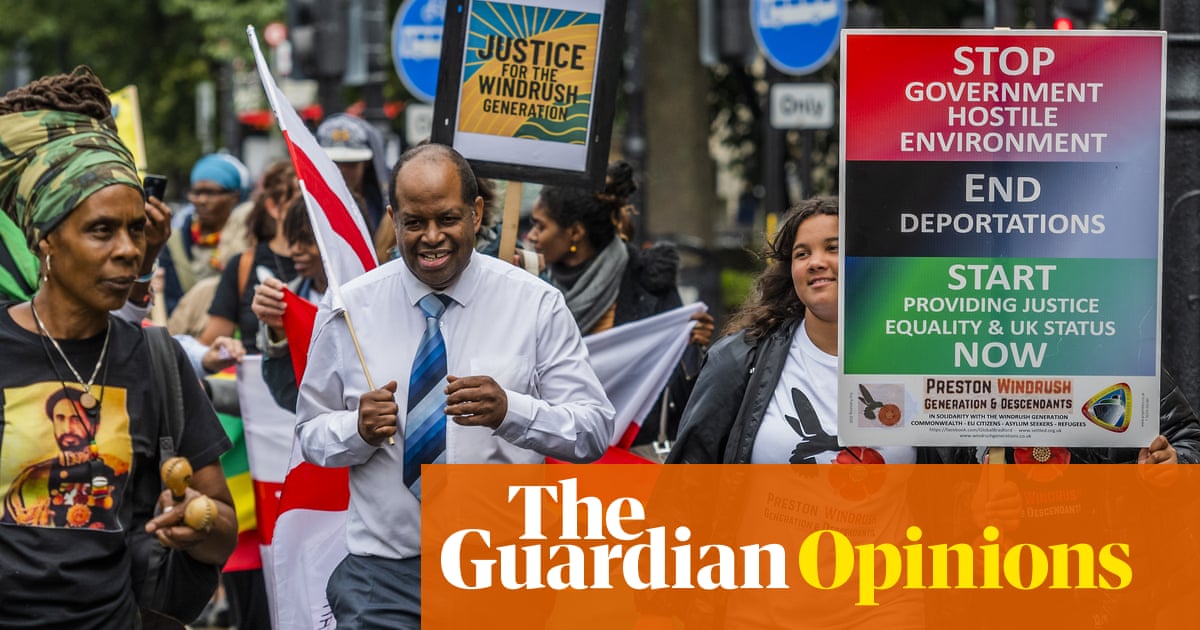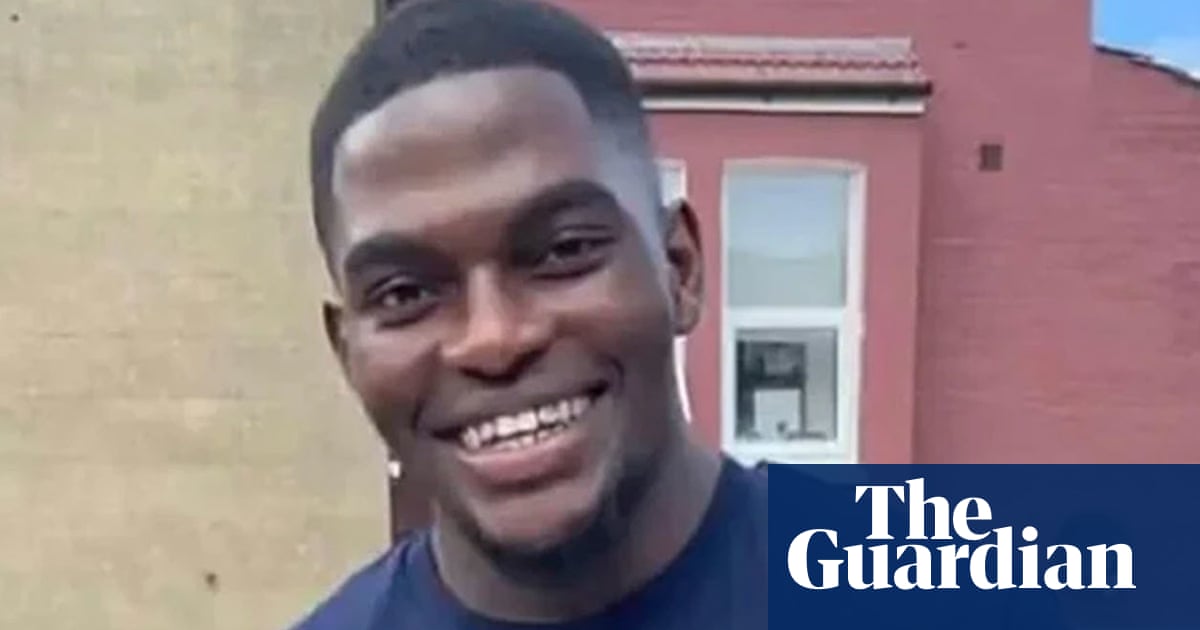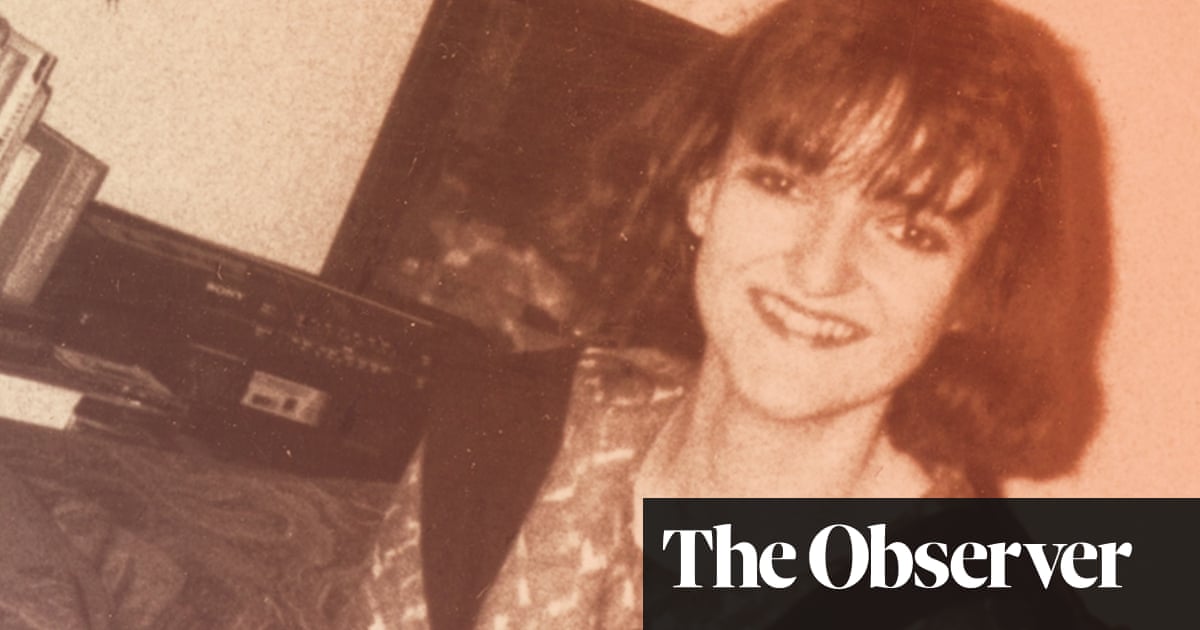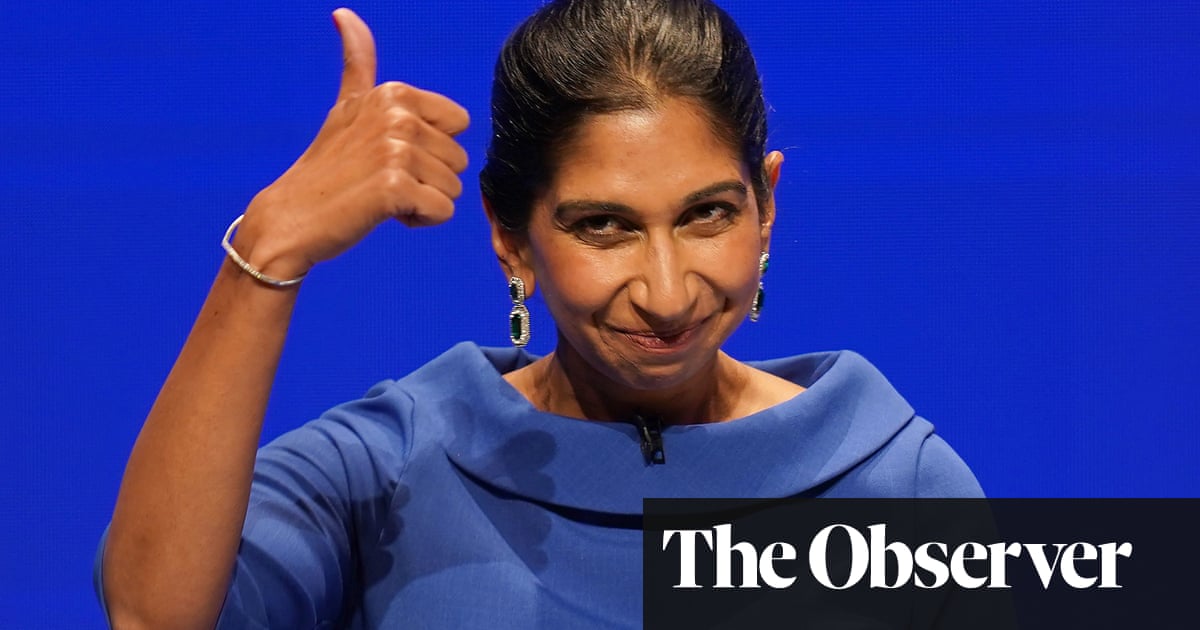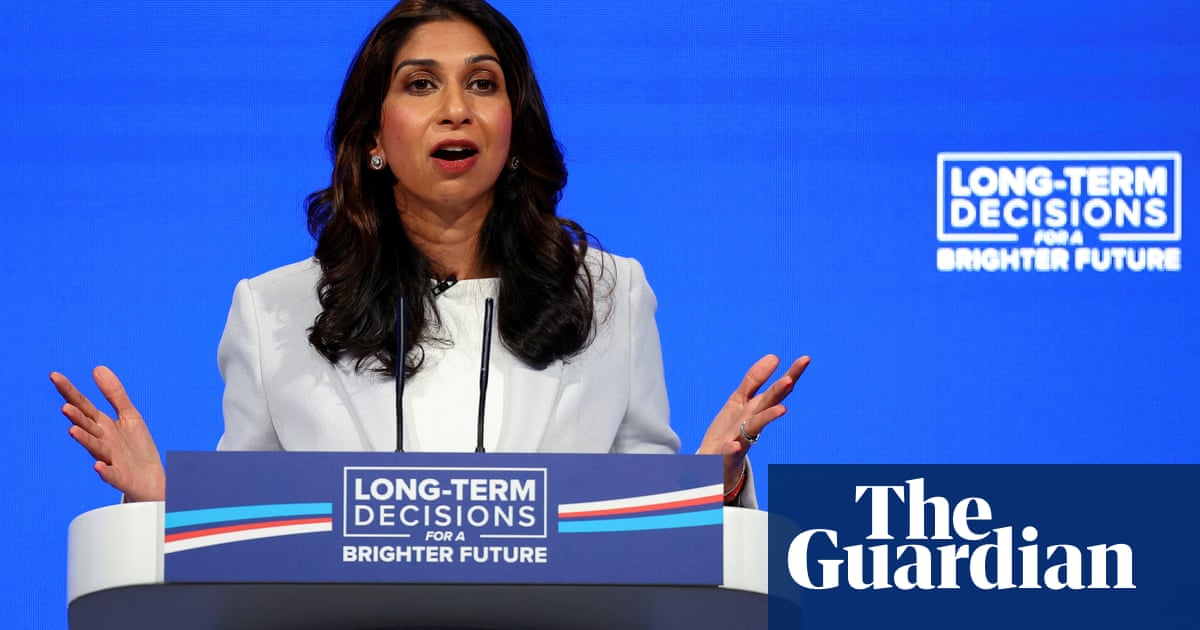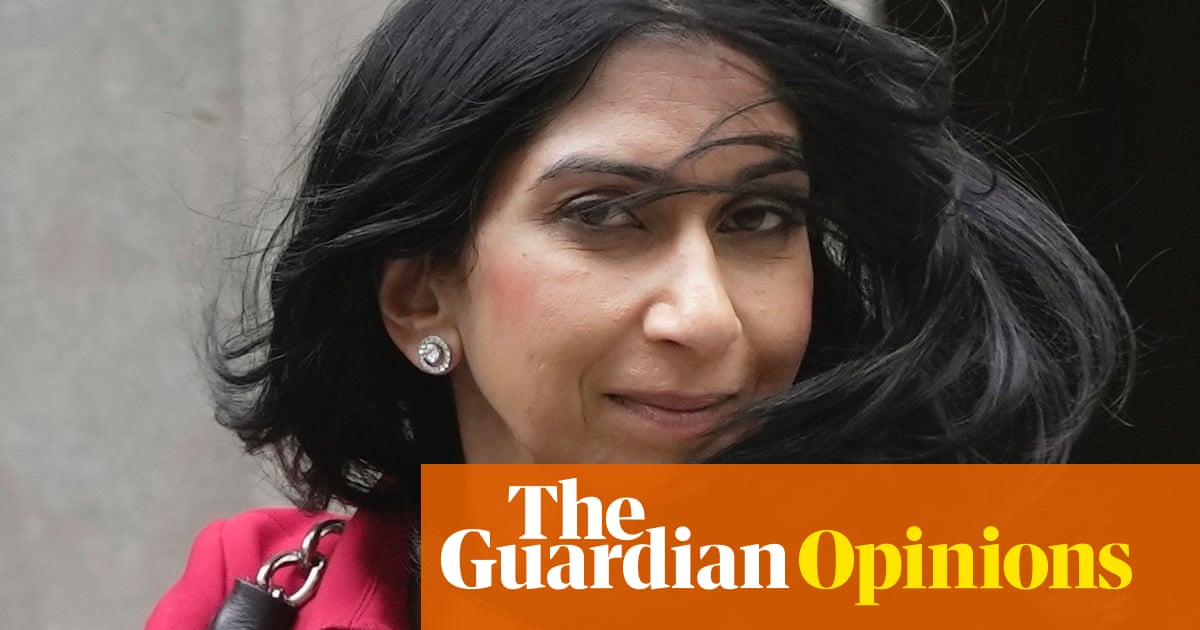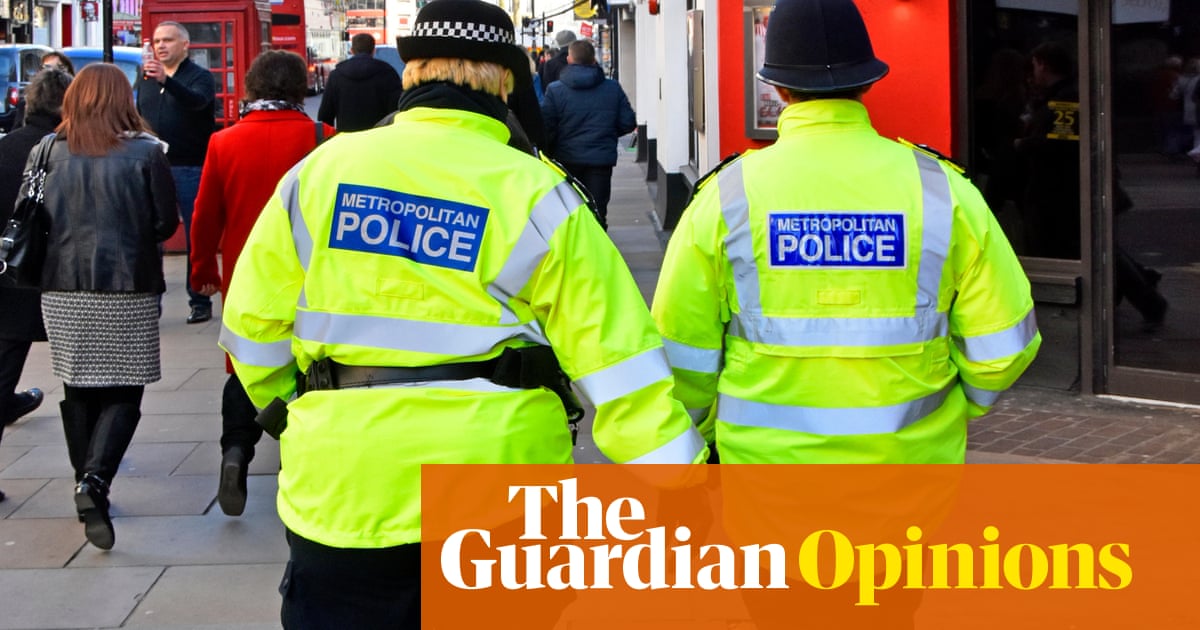
Say her name, not his. It is such a small thing, an almost helpless gesture in the face of horrors. But Louise Casey’s decision not to name the killer of Sarah Everard, or the fellow officer recently unmasked as a serial rapist, in her devastating account of what went so very wrong inside the Metropolitan police felt like a sign that finally, someone gets it. She understands that this is a story about two men getting their kicks from wielding power over terrified women, who could not have done so without the swaggering rank and status conferred by a police warrant card.
You almost certainly know their names by now. But in the opening pages of her report, they are reduced to faceless nonentities, while she focuses instead on a story of female courage; how hearing Everard’s bereaved mother, Susan, speak about her daughter’s killer prompted a woman she had never met to disclose that she had been raped and tortured by a second Met officer from the same unit, leading ultimately to his unmasking as a multiple sex offender. Finally, the victims take centre stage, as for decades in the Met they plainly have not.
In her report, Casey attacks what she calls a defensive leadership culture that “does not embrace or learn from its mistakes”, and which responds to criticism by looking for the tiniest loophole through which it can hit back. Sir Mark Rowley, the earnest new Met commissioner, had seemed a breath of fresh air on that score but his initial response to the review – quibbling over whether his force suffers from institutional racism, sexism and homophobia as Casey says, or what he prefers to call “systemic” failings – felt worryingly like a relapse. When your own staff are telling Casey anonymously that: “You don’t want to be a rape victim in London. Anyone who relies on policing in London for anything I’m scared for,” we’re way beyond splitting hairs.
What Casey describes are two separate but fatally overlapping failures of leadership at the Met. The first involves the now distressingly familiar story of a toxic working culture within elite specialist units, including the Met’s parliamentary and diplomatic protection command – the dark corner where Everard’s killer and his rapist colleague lurked undetected, even though, as Casey says, “enough was known about both men to have stopped them so much earlier” – and a firearms unit notorious for its machismo, suspiciously generous expenses and apparent sense of being a law unto itself.
But the second is more nuanced, involving a demoralised frontline police force overwhelmed by the kind of complex sexual and domestic violence cases once handled by trained specialists, but now dumped on inexperienced public protection teams, apparently for cost-saving reasons. (The Met’s budget is 18% smaller in real terms than a decade ago.) The inevitable result is a dismal prosecution rate, traumatised victims, and burnout rates among shortstaffed detectives juggling dozens of rape and sexual offence cases that were worse than those of NHS workers during Covid.
One officer told the inquiry that while the murder of a woman would merit a whole team of experienced specialist detectives investigating, “a woman raped and left in a coma would likely be dealt with by one trainee detective constable”. Remember that, next time some senior officer or government minister claims violence against women and girls is their top priority.
But remember, too, when the home secretary harrumphs about “woke” policing that this is a force arguably nowhere near woke enough. Almost one in eight female staff reported being sexually harassed or assaulted at work. A Muslim officer found bacon stuffed offensively in his boots; a black officer recalled being repeatedly asked for ID inside police stations and mistaken for a prisoner, even when wearing a suit.
More than half of LGBTQ+ Londoners surveyed by the review weren’t confident of fair and equal treatment from the police, unsurprisingly given the Met’s bungled investigation into serial killer Stephen Port. (An inquest jury found police errors “probably” contributed to the deaths of three of the four young men he drugged and murdered, suggesting lives might have been saved had basic lines of inquiry been followed up.) And whatever possessed the group of officers at Charing Cross station who exchanged gruesome WhatsApps about the supposed merits of “knocking a bird about”, it wasn’t an excess of wokeness.
Yet even after those revolting messages surfaced, the Met still publicly insisted it didn’t have a “culture of misogyny”. How on earth could they not know what their own female officers were telling Casey, about how women in the force were graded as pretty or “do-able” by their colleagues and senior officers had hitlists of who they wanted to sleep with, while female officers making allegations of domestic violence against their police officer partners were routinely fobbed off and disbelieved?
One woman who accused a fellow officer of beating, raping and then stalking her learned shortly after Everard’s murder that he would face no action; she described her rage at seeing senior officers talking publicly about how “seriously” they took violence against women, wondering if she had to die to be taken seriously.
And it’s this kind of wilful refusal even now within the Met to believe itself in the wrong, as much as misogyny or racism itself, that Casey is up against. Her recommendations seem sensible: overhauling the misconduct process, improving vetting, giving chief constables the powers to sack rogue officers for which Rowley has long pleaded. But her talk of a radical transformation, like that wrought on policing in Northern Ireland as part of the peace process, relies on senior officers seeing this as their moment to open up to the kind of scrutiny they have previously considered intrusion.
Having read the reports filed by one Keir Starmer in the early noughties, when he and the barrister Jane Gordon served as human rights advisers to the Northern Ireland policing board, they reveal a relationship of trust and candour barely imaginable in the Met. Astonishingly, the pair had access to the police command room during a riot in Belfast, observing in real time as operational decisions over whether or not to open fire were made. When the Met lets someone like Casey sit in as officers decide whether or not to drop a rape case, I’ll believe we are getting somewhere.
Nobody expects police officers never to make a mistake. But what we will not go another day without is accountability when things go wrong, alacrity in putting them right, and the grace for once to be ashamed by reports like this instead of belligerently ignoring them.
Gaby Hinsliff is a Guardian columnist




